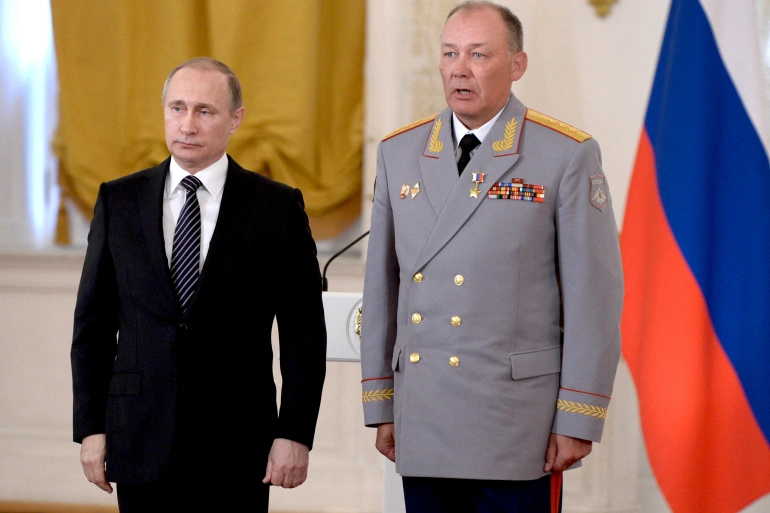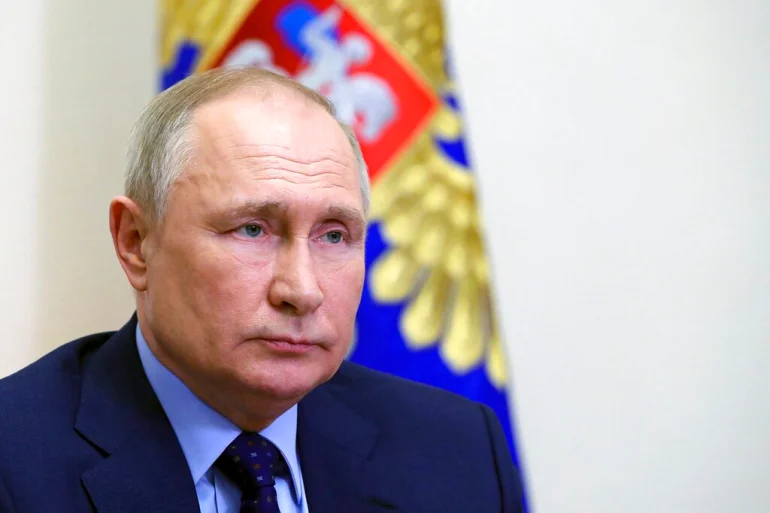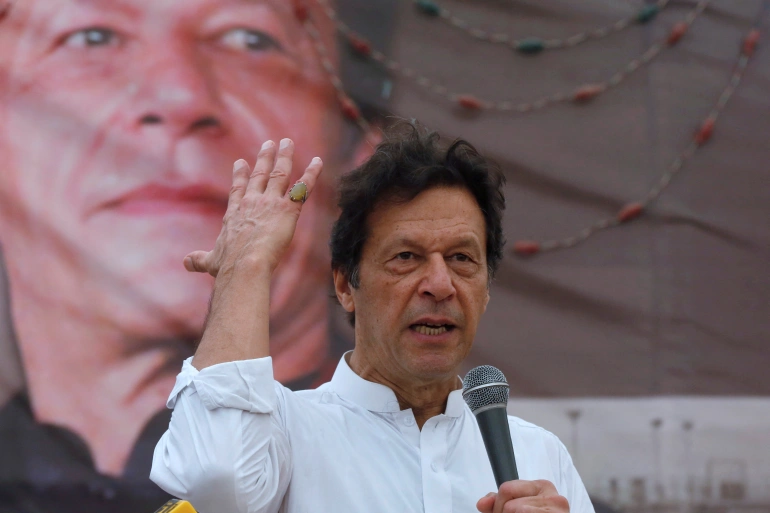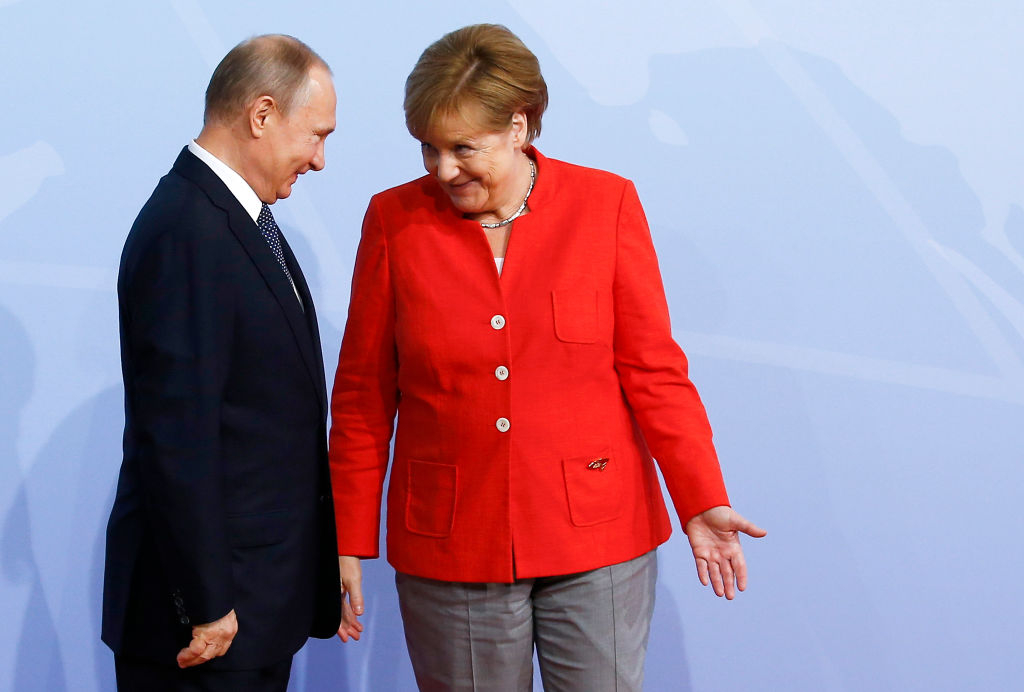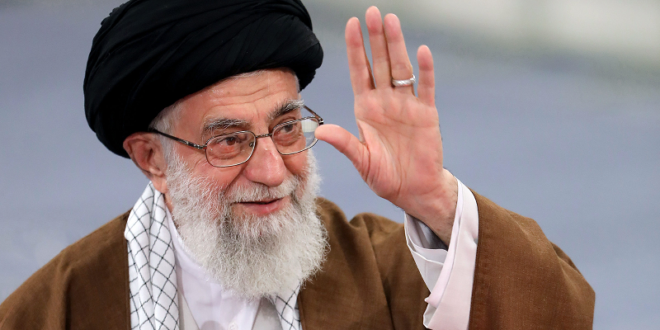Macron Refuses to Describe Ukrainian Events as ‘Genocide’
On Wednesday, Volodymyr Zelensky regretted that French President Emmanuel Macron had not used the term “genocide” to describe the consequences of the Russian military operation.
“Macron’s refusal is very hurtful,” the Ukrainian President said, alleging that calling things by their name is necessary to oppose “evil.”

